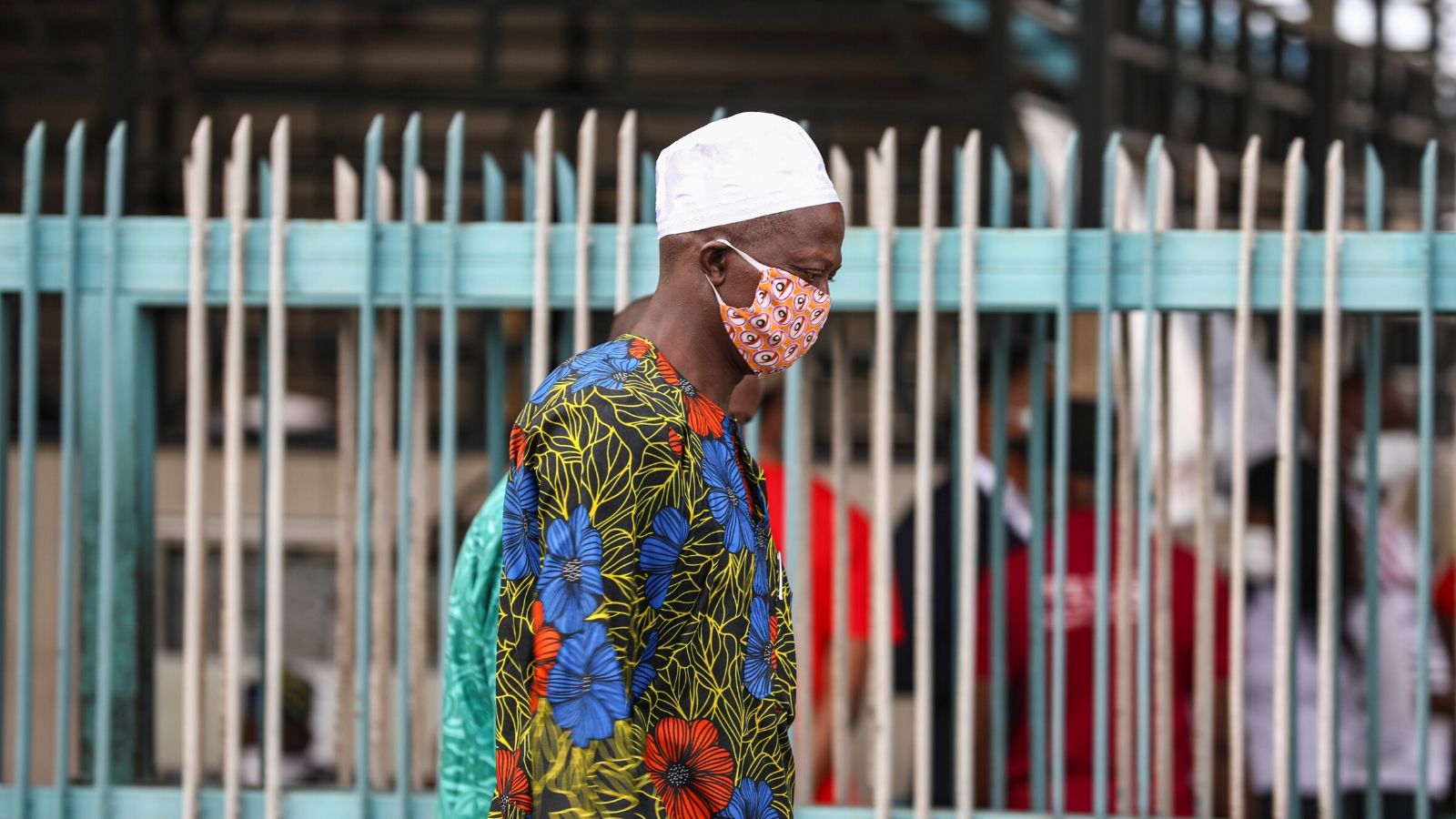
Nigeria reopens main cities Lagos and Abuja as lockdowns phased out

Nigeria began easing restrictions on Monday in its capital Abuja and in largest city Lagos, heralding the reopening of Africa’s biggest economy after more than four weeks of lockdowns imposed to contain the new coronavirus.
The government has said a 24-hour stay-at-home order in place since March 30 in Abuja and the states of Lagos and Ogun – with exceptions only for food shopping and health-related trips – will be lifted gradually over a six-week period.
These densely populated regions will now come into line with the rest of the country in which slightly looser restrictions introduced last week by President Muhammadu Buhari include an overnight curfew, mandatory face masks in public and a ban on non-essential interstate travel.
On Monday, the usually frenetic streets of the coastal megacity Lagos, largely empty during the lockdown, were busy again with cars, buses and motorised tricycle taxis.
Reuters witnesses said social distancing rules were largely ignored. Distinctive yellow minivans used as buses were full, with some passengers struggling to find space to enter vehicles.
However, in a crucial difference to pre-lockdown life, most people on the streets of Lagos wore face masks.
In the capital Abuja, in central Nigeria, many businesses were still closed.
“I don’t have money in my pocket. I was coming to work, telling my wife to pray for me to work and bring something so that we could eat, but…there’s no hope of working today,” said father-of-three Easy Darlington, who could not reopen his printing business in a shopping mall that remains shut.
Businesses have been allowed to reopen provided they have decontaminated their offices, can enable social distancing and offer hand sanitizer and hand washing.
However, schools and places of worship remain closed, restaurants can operate only on a takeaway basis, and all cultural events have been cancelled.
Nigeria has confirmed 2,558 infections of the new coronavirus and 87 deaths since recording its first case at the end of February, a much lower toll than those seen in COVID-19 hotspots in Europe and the United States.
Experts have not reached a consensus on why Nigeria’s case tally has been so low, though many point to a low testing rate. The country’s centre for disease control said only 17,566 samples have been tested in a country of 200 million people.






